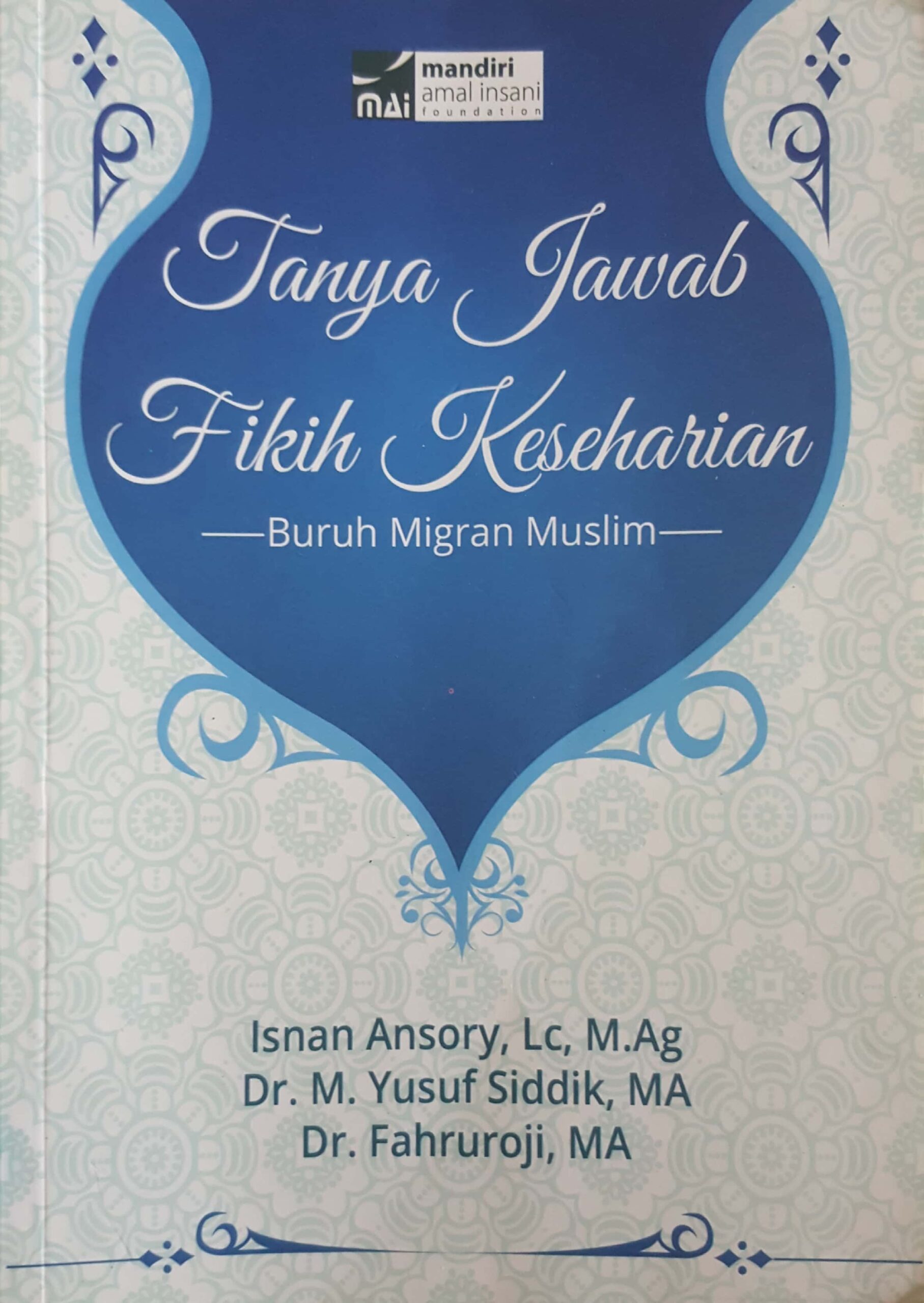Get to know Zakat, Infaq, Alms, and Waqf

Question: Islam encourages its followers to share with each other. But deep Al-Quran as well as hadith, we find several terms that are closely related to these recommendations, such as zakat, infaq, alms, and waqf. So what's the difference between them?
Answer: Zakat is handing over part of the property that has been determined by Allah Ta'ala to those who are entitled to receive it. Zakat is a religious institution which is one of the Five Pillars of Islam. It is a symbol and identity for the existence of Islamic society. This worship is called zakat because as its name implies, it can clean the property of its owner by removing the property which is the right of the poor and so on, as well as cleansing people who zakat their property from the nature of being stingy and sinful.
Meanwhile, almsgiving or sadaqah is a term for something — especially property — which is given by a person, institution or body that has the right without expecting anything in return except the pleasure of Allah Ta'ala in order to get closer to Him. Almsgiving is not limited to possessions. Any activity that contains positive values in Islam can be called alms. Included in the definition of alms is reading tasbih, istighfar, amar makruf nahi munkar, and others that can be classified into the criteria of goodness.
As for infaq, is spending the assets that are owned, whether in matters that are permitted by the law or those that are prohibited. If the Shari'a allows or even recommends it, then this is called infak fi sabilillah (in the way of Allah). Meanwhile, if the shopping for property is carried out on unlawful matters such as buying khamar, then this is called infak fi sabilisy-syaitan (on the path of Satan).
From the above explanation, it can be concluded that zakat is a part of infaq fi sabilillah. Where the law of paying zakat is mandatory. Meanwhile, the law of giving alms generally is sunnah. However, if Al-Quran or the hadith stipulates that the law of alms is obligatory, then it means zakat.
There is also the term waqf, which means giving up part of the assets to be used directly by the beneficiaries of the waqf or managed productively, where the proceeds are handed over to the beneficiaries of the waqf benefits. Waqf that is used directly is for example land waqf to build a mosque on it, where the land is directly used to build a mosque as a place for prayer. Waqf is managed productively, it is not intended to directly utilize waqf assets, but from the waqf property it generates profits that are distributed to the beneficiaries of waqf In this case, waqf is also categorized as infaq fi sabilillah.
As for waqf property, it is generally divided into two, namely immovable waqf assets such as land or buildings, and movable waqf assets such as vehicles or money. Waqf for immovable property and movable property can be given with money, which is known as waqf through money. #
Source: Mandiri Amal Insani's book "Questions and Answers on the Daily Fiqh of Muslim Migrant Workers."



